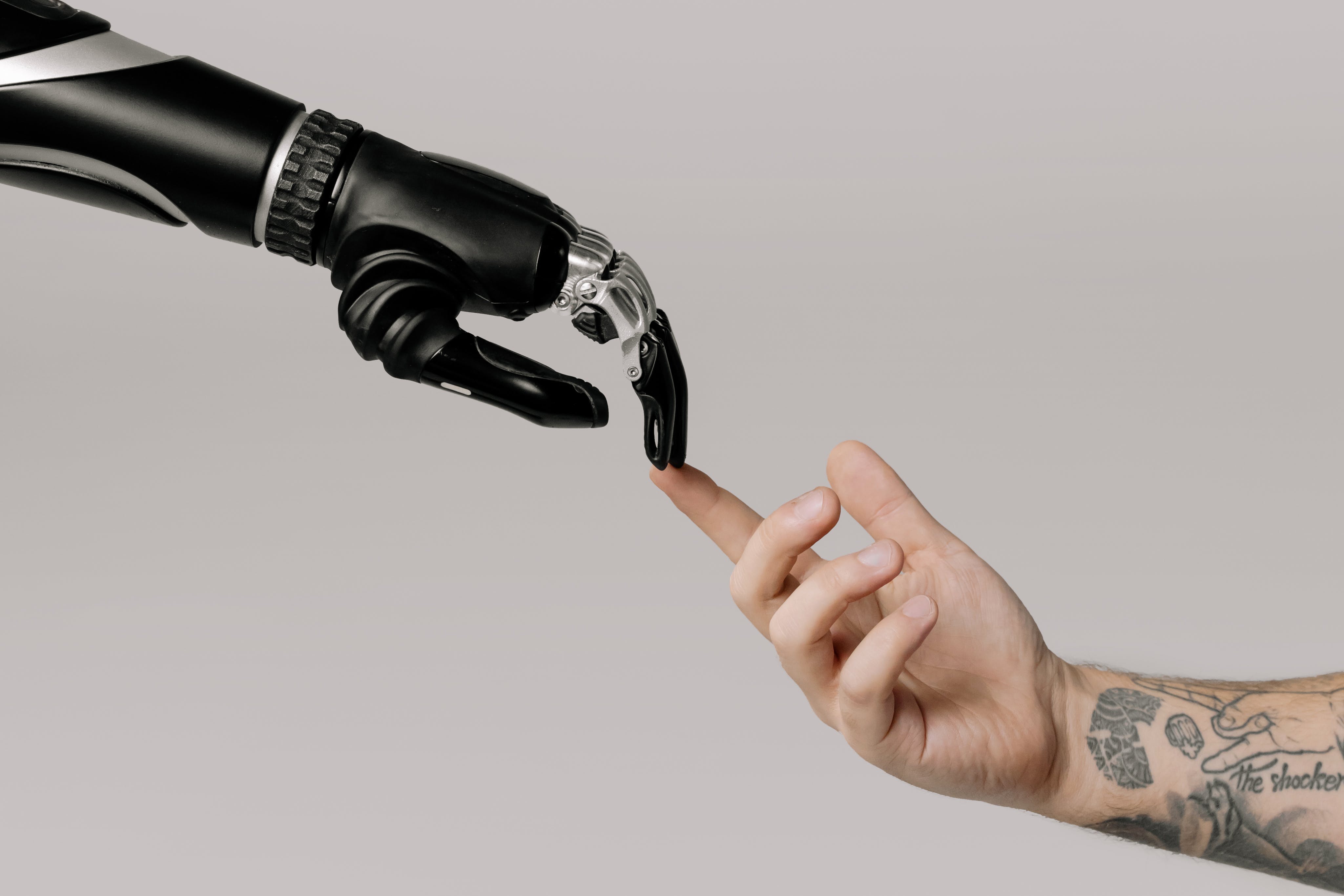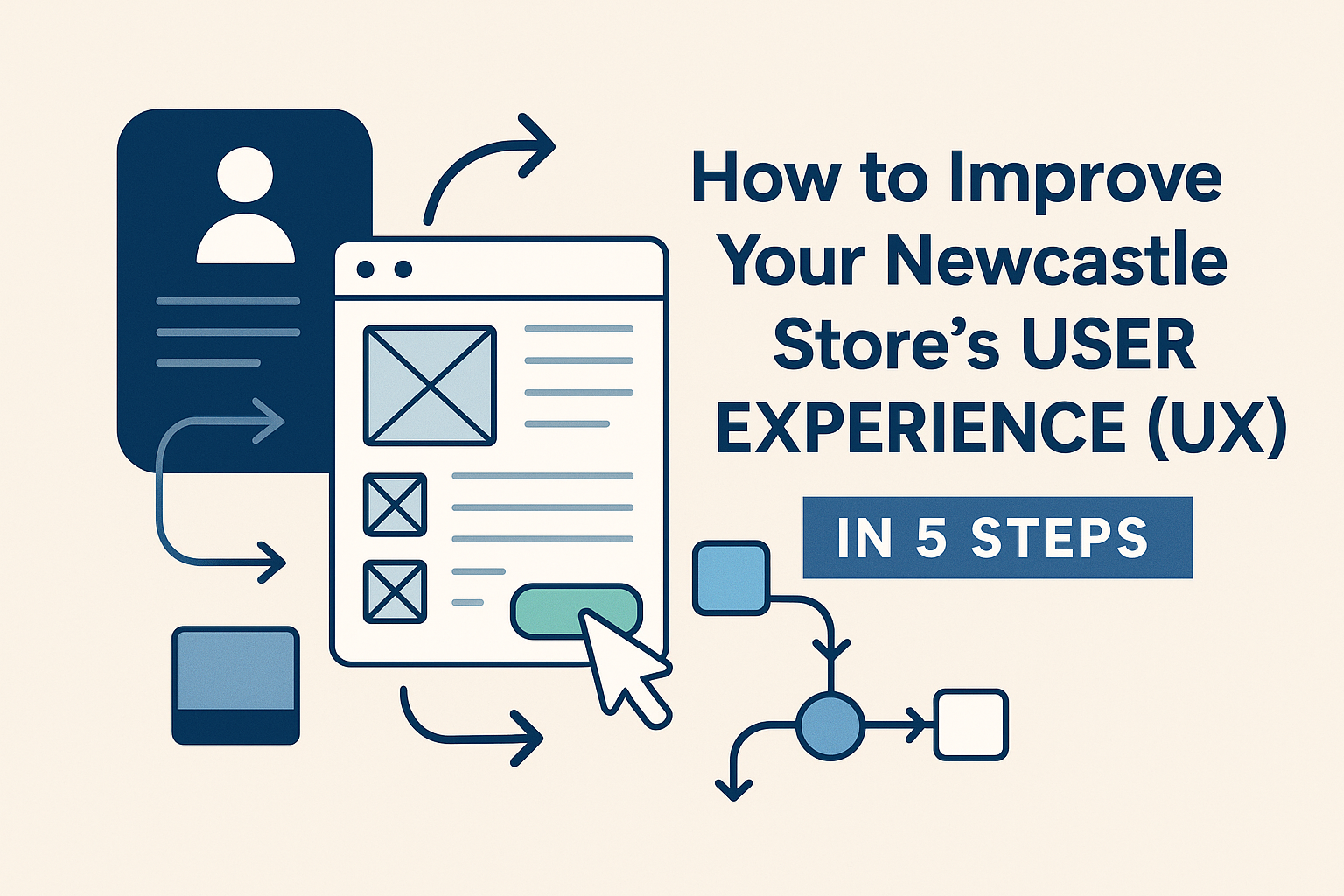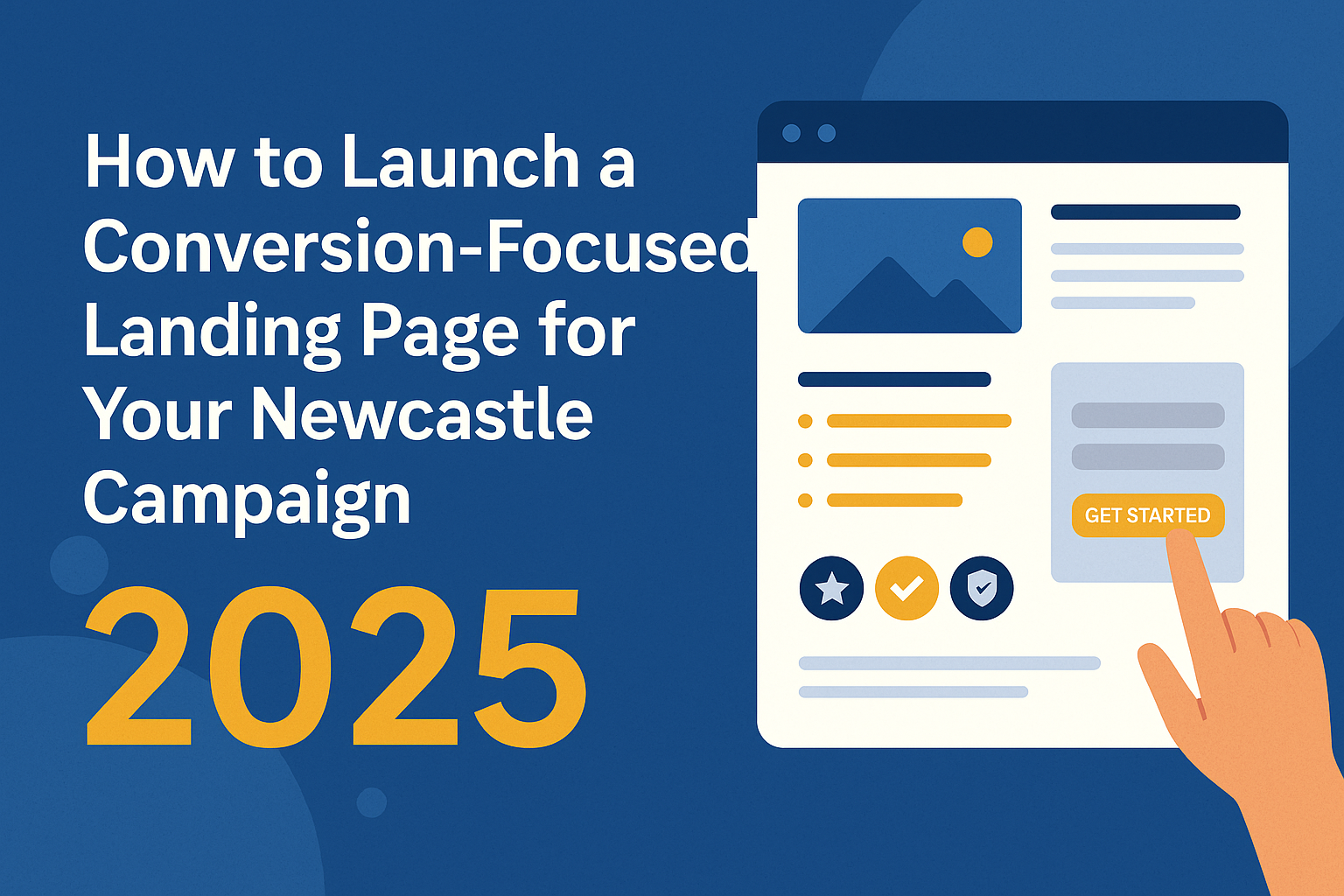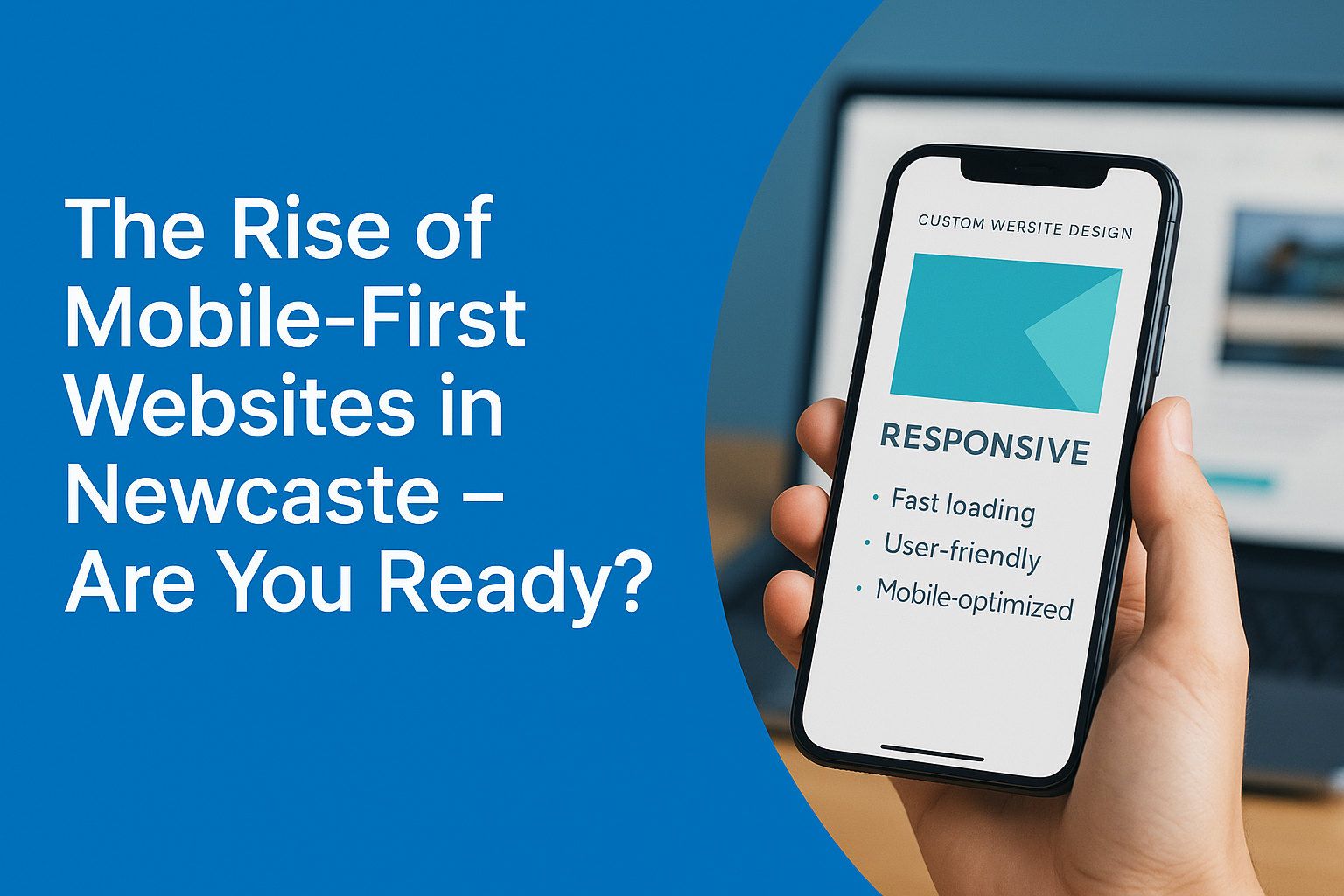- sales@robatodigitals.com
- 124 Westwood Dr, Burnside VIC 3023
Automation and AI: Transforming Application Development Support

Automation and AI: Transforming Application Development Support
As the landscape of application development continues to evolve, the integration of automation and artificial intelligence (AI) has emerged as a transformative force in the realm of development support. From streamlining repetitive tasks to enhancing decision-making processes, the synergy between automation and AI is reshaping how developers provide support throughout the lifecycle of an application. In this article, we explore the ways in which automation and AI are revolutionizing application development support.
Automated Code Review and Quality Assurance:
Automation has become a cornerstone in the realm of code review and quality assurance. Automated tools can analyze code for adherence to coding standards, identify potential bugs, and assess overall code quality. This not only expedites the review process but also ensures that applications are built on a foundation of robust and high-quality code.
Continuous Integration and Deployment (CI/CD):
CI/CD practices automate the integration and deployment of code changes, enabling developers to release updates quickly and efficiently. Automated pipelines facilitate tasks such as code compilation, testing, and deployment, reducing the likelihood of human errors and ensuring that new features are rolled out seamlessly.
AI-Driven Predictive Analytics:
AI algorithms can analyze historical data to predict potential issues and trends in application performance. This proactive approach allows development support teams to address potential issues before they escalate, improving the overall reliability and user experience of the application.
Chatbots for Support and Issue Resolution:
Chatbots powered by AI are revolutionizing customer support in application development. These intelligent bots can handle routine queries, provide documentation, and even troubleshoot common issues. By automating repetitive support tasks, chatbots free up human resources to focus on more complex challenges.
Automated Testing Suites:
Automated testing has become an integral part of the development process. AI-driven testing tools can analyze complex scenarios, adapt test cases based on evolving code, and identify potential vulnerabilities. This not only accelerates the testing phase but also enhances the effectiveness of identifying and addressing bugs.
Self-Healing Systems:
AI-driven self-healing systems can automatically detect and resolve certain issues within an application without human intervention. These systems leverage machine learning algorithms to learn from past incidents and autonomously apply corrective actions, contributing to enhanced system reliability and reduced downtime.
Intelligent Code Generation:
AI-powered tools can assist developers in generating code snippets based on specific requirements. These tools analyze patterns, understand context, and offer suggestions, significantly speeding up the coding process. While not replacing human developers, these tools act as valuable assistants, boosting productivity.
Automated Documentation Generation:
Maintaining comprehensive and up-to-date documentation is crucial in application development. Automated tools can extract information from the codebase and generate documentation automatically. This ensures that documentation remains synchronized with the evolving codebase, reducing the risk of inconsistencies.
Dynamic Resource Allocation with AI:
AI algorithms can optimize resource allocation within applications dynamically. By analyzing usage patterns and predicting future demands, AI can ensure that resources are allocated efficiently, contributing to improved performance and cost-effectiveness in cloud-based applications.
Security Automation and Threat Detection:
Security is a paramount concern in application development. AI-driven tools can automate the detection of security threats by analyzing patterns and anomalies in user behavior, network traffic, and application activity. Automated responses can then be triggered to mitigate potential security risks.
Enhanced Decision-Making with AI:
AI technologies, such as machine learning, can analyze vast datasets to provide actionable insights for decision-making in application development. From identifying performance bottlenecks to predicting user behavior, AI empowers development support teams to make informed and strategic decisions.
Natural Language Processing for Support Tickets:
AI-driven natural language processing (NLP) can be applied to support ticket systems, enabling faster and more accurate analysis of user-reported issues. By understanding and categorizing user queries, NLP algorithms help streamline the resolution process and improve the overall efficiency of support teams.
The fusion of automation and AI is redefining the landscape of application development support. By automating routine tasks, enhancing decision-making processes, and providing intelligent insights, these technologies empower development support teams to operate with greater efficiency and agility. As organizations continue to adopt automation and AI in their development workflows, the role of human developers evolves from repetitive tasks to more strategic and creative endeavors. The future of application development support lies in harnessing the transformative potential of automation and AI to create robust, efficient, and intelligent software solutions.







